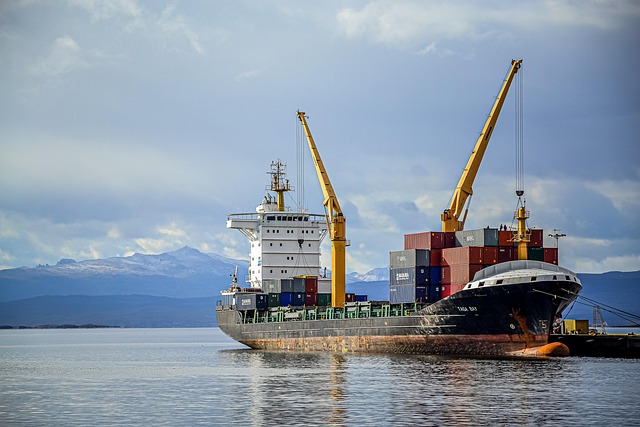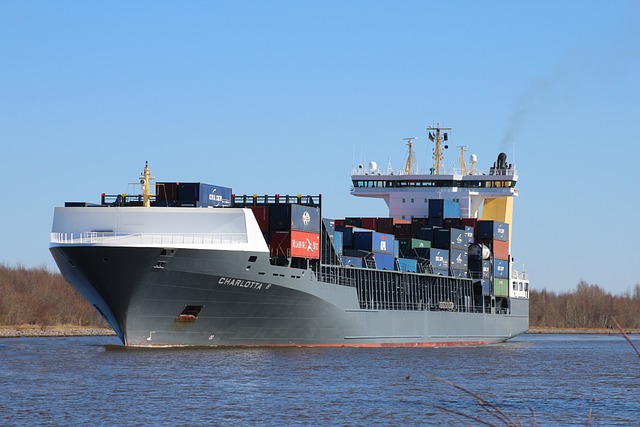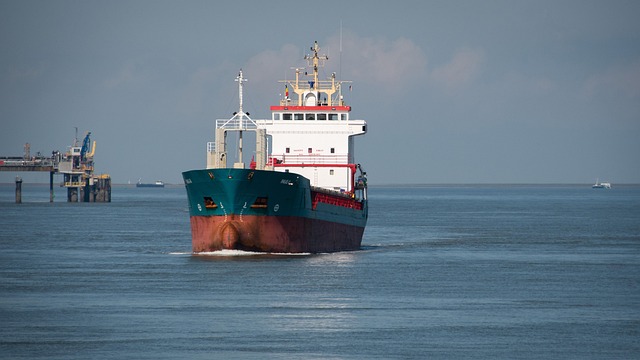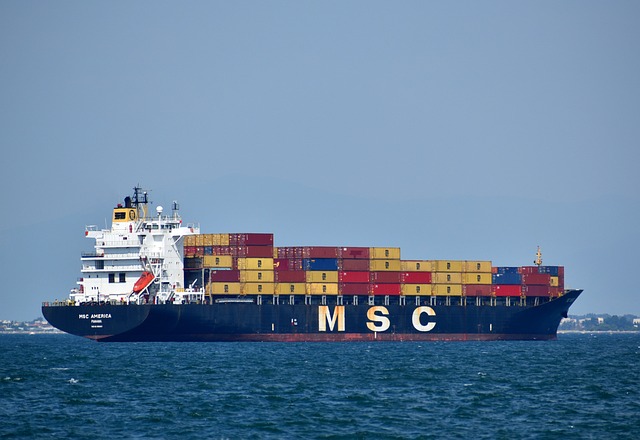Insulated containers revolutionize global shipping with efficient storage solutions for perishable goods, offering optimal temperature control and protection. Standard ISO sizes facilitate seamless integration into shipping infrastructure, saving time and costs. The market provides diverse options—new, used, rentals—catering to food, pharmaceuticals, chemicals industries. Choosing the right container depends on product sensitivity, desired temperature, shipping duration, and size. Adopting ISO-compliant containers reduces carbon emissions and promotes sustainability in logistics.
“Discover the transformative power of insulated containers in global shipping. These specialized vessels, adhering to standard ISO sizes, offer unprecedented efficiency and versatility across borders. Learn how their advanced insulation technology maintains product integrity, reduces waste, and enhances sustainability. Explore various types, from choosing the perfect insulation for diverse goods to understanding their environmental benefits as ISO-compliant solutions. Optimize your logistics with this comprehensive guide on insulated containers.”
- Understanding Insulated Containers for Efficient Shipping
- Standard ISO Sizes: A Global Logistics Advantage
- Benefits of Using Insulated Containers Across Borders
- Choosing the Right Insulation for Different Products
- The Environmental Impact of ISO-Compliant Containers
Understanding Insulated Containers for Efficient Shipping

Insulated containers have revolutionized global shipping and logistics by providing efficient, portable, and secure storage solutions for a variety of goods. These specialized containers are designed to maintain optimal temperatures, ensuring that perishable items remain fresh during transit, regardless of their distance or duration of travel. By offering both insulation and protection against external elements, they offer unparalleled cold chain management.
Available in standard ISO sizes, insulated containers come in various types, including refrigerated, modular, office, workshop, and more. This standardization facilitates seamless integration into existing shipping infrastructure, making them easily stackable and transportable by trucks, trains, or ships. Whether you need to buy insulated containers, rent one for temporary use, or explore custom modifications to suit specific needs, the insulated container market is brimming with options. Reputable dealers and suppliers provide new, used, and wholesale insulated containers, catering to diverse industries from food and pharmaceuticals to pharmaceutical and chemical sectors.
Standard ISO Sizes: A Global Logistics Advantage

Standard ISO sizes for insulated containers have revolutionized global shipping and logistics. These standardized dimensions ensure compatibility across different countries and transport modes, streamlining the movement of goods worldwide. Insulated container manufacturers adhere to these ISO specifications, guaranteeing that new or used insulated containers can be easily stacked, loaded, and unloaded in any port or warehouse. This uniformity not only saves time but also reduces costs for shippers, making international trade more efficient.
When you buy insulated containers, whether brand new or as used insulated containers from dealers and suppliers, you benefit from this global logistics advantage. Insulated container dimensions range from standard 20-foot and 40-foot sizes to specialized modular designs that can be configured for cold storage, shipping, storage, or even office and workshop use. This flexibility allows businesses to find the perfect insulated container solution without geographical restrictions. The insulated container market is vibrant, with numerous manufacturers and dealers offering deals on a wide range of inventory, from insulated container rentals to customized conversions tailored to specific needs.
Benefits of Using Insulated Containers Across Borders

Using insulated containers for global shipping offers a multitude of benefits, enhancing the efficiency and safety of international trade. These specialized units maintain optimal temperature control, ensuring perishable goods remain fresh during transit, regardless of their destination’s climate. This feature is especially valuable for food, pharmaceuticals, and chemical industries, where product quality and integrity are paramount. Insulated containers also protect against environmental factors like extreme weather conditions, reducing the risk of damage to sensitive cargo.
Moreover, standard ISO sizes streamline international shipping processes by facilitating easy loading, unloading, and stacking at ports and warehouses globally. This uniformity simplifies logistics, reduces handling times, and lowers transportation costs. For businesses looking to expand internationally or engage in e-commerce across borders, investing in insulated containers—whether new, used, or rented—can significantly enhance their supply chain’s reliability and cost-effectiveness.
Choosing the Right Insulation for Different Products

When selecting an insulated container for global shipping, understanding your product’s specific needs is paramount. The right insulation choice ensures optimal temperature control and longevity for perishable or temperature-sensitive goods. For instance, food items require containers with advanced insulation that maintains cool or hot temperatures over long distances, preventing spoilage during transit. On the other hand, chemical substances necessitate specialized insulated containers designed to withstand potential leaks and prevent any form of contamination.
Choosing the appropriate insulated container involves considering factors like product sensitivity, desired temperature range, and shipping duration. New or used insulated containers are available in various sizes, from standard ISO dimensions to more customized modular options. Buyers can opt for wholesale deals from reliable suppliers or explore the market for specific, custom-made insulated containers tailored to their unique requirements. Renting or leasing these containers is another sustainable option, especially for businesses with fluctuating storage needs.
The Environmental Impact of ISO-Compliant Containers

The environmental impact of ISO-compliant containers is an increasingly important consideration in the global shipping industry. These standardized, insulated containers play a crucial role in facilitating international trade while minimizing ecological consequences. By adhering to ISO dimensions, these containers promote efficient stacking and transportation, reducing carbon emissions associated with freight movements. Furthermore, their modular design enables easy conversion for various purposes, from refrigerated storage to office spaces, fostering versatility without compromising sustainability.
When it comes to purchasing or renting insulated containers (insulated container rental), buyers have numerous options, including new, used, and custom-made models (custom insulated containers). This diversity allows businesses to select the most cost-effective and environmentally suitable solution for their needs. The market for insulated containers (insulated container market) is dynamic, with a wide range of dealers and suppliers (insulated container dealer, insulated container supplier) offering products at varying price points. These containers not only reduce waste but also contribute to efficient logistics, making them an eco-friendly choice in the shipping industry.
Insulated containers, particularly those adhering to standard ISO sizes, offer a streamlined and efficient solution for global shipping. By understanding the benefits of these containers, selecting appropriate insulation for specific products, and recognizing their positive environmental impact, businesses can enhance their logistics strategies. The widespread adoption of ISO-compliant containers facilitates seamless international trade, ensuring product quality and reducing waste. This article has highlighted the key advantages, from standard sizes to eco-friendly considerations, making a compelling case for why insulated containers are an indispensable asset in modern shipping.
